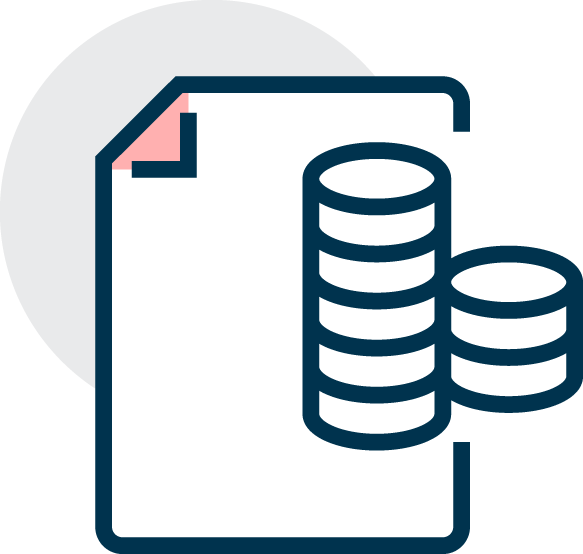SYNOPSIS
- Owning a home is a big milestone, and home loans are often the bridge to this dream.
- The interest rate is an important component of home loans, dictating monthly commitments and overall costs.
- Several key factors, including credit scores, loan amount, and economic conditions, influence these rates.
- Understanding these factors can lead to well-informed decisions, saving considerable Money over time.
- Equipped with the right knowledge, the journey to homeownership becomes not just a dream but a reality.
Contact us to know about the interest rate
Article:
For many, owning a home is not just about the four walls but it symbolizes security, prosperity, and a piece of their dreams. To achieve this dream, a majority of individuals opt for home loans. While considering a home loan, one of the most crucial elements to focus on is the interest rate, as it significantly impacts your monthly outgo in the form of EMIs.
Just as you researched the importance of applying for a home loan in present times, let's dive into understanding the key factors that decide your home loan interest rate:
Credit score: Your credit score is a reflection of your creditworthiness and plays a significant role in determining your home loan interest rate. Financial institutions evaluate this score, typically ranging from 300 to 900, to assess the risk associated with lending to you. A higher score often translates to a lower interest rate, as you're considered a safer bet.
Type of interest rate: Home loans can have either a fixed interest rate or a floating interest rate. While fixed rates remain constant throughout the loan tenure, floating rates change according to market dynamics and monetary policies. Each has its pros and cons concerning interest payouts.
Loan tenure: The duration you choose to repay the loan also affects the interest rate. Longer tenures might come with higher rates as the lender’s risk is extended over a more extended period.
Employment and income stability: Your profession, be it salaried or self-employed, and the stability of your income, can influence the interest rate. Stable employment and consistent income demonstrate your capability to repay the loan timely, possibly fetching you a better rate.
Relationship with the lender: If you have had a long-standing, positive relationship with a bank or financial institution, they might offer you a more favorable interest rate. This is based on the trust and understanding built over time.
Economic factors: Broader economic conditions like inflation, monetary policies of the central bank, and demand-supply dynamics in the credit market can also influence home loan interest rates.
External benchmarks: Some countries, like India, have linked loan interest rates to external benchmarks such as the repo rate set by the central bank. As the external rate varies, so does the interest on the loan.
In conclusion, while the idea of owning a home is fascinating, it's crucial to understand the factors that play into the interest rates of home loans. This not only helps in making informed decisions but can also save considerable money over the tenure of the loan. As in the case of applying for a home loan, when you're equipped with the right knowledge, the journey to owning your dream home becomes smoother and more efficient.
Home calculations made easy to help you plan your home
MISSED CALL
Give us a MISSED CALL for New Home Loan
- 09289200017


































